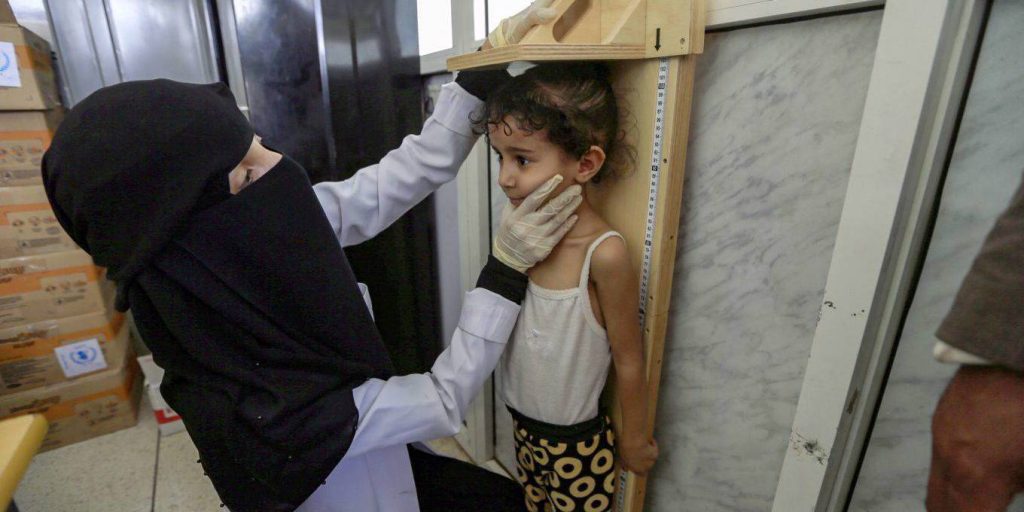People are the world’s most important resource, yet stunting in children limits human capabilities and reduces current investment in the future. Fortunately, the rapid growth of digital technologies means that millions of small individual financial donations can help to end this scourge.
PARIS/LOMÉ – In many developing countries, women come together on a regular basis to contribute their earnings to a common pot. Together, these micro-contributions can pay for school fees, kick-start a joint business venture, or buy the best available seeds for the next planting season. Pooling resources has a community-wide impact.
Of course, these individual contributions are small compared to the broader challenges of improving nutrition and creating employment, let alone achieving the 17 United Nations Sustainable Development Goals (SDGs). Meeting the SDGs will cost trillions of dollars, and financial pledges to date fall well short of what is required. Community solidarity must therefore become an integral part of a global citizen movement to contribute to human progress.
Fortunately, the rapid growth of digital platforms and payment systems makes it possible to replicate the community-level pooling mechanism on a global scale to help those most in need. Although community pooling of funds is not new, large payment platforms such as WeChat, GoFundMe, and M-Changa have digitized solidarity, making it easier than ever for communities around the world to cooperate in addressing problems and responding to crises.

